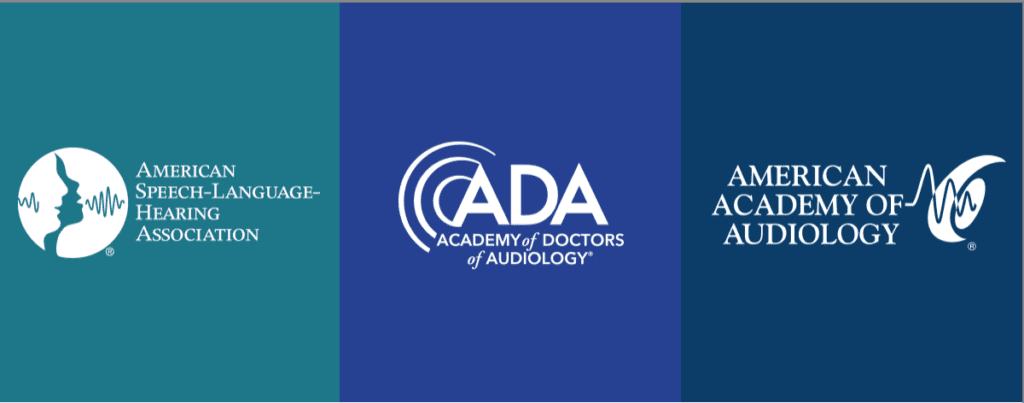Introduced by Representatives Tom Rice (R-SC) and Matt Cartwright (D-PA), with more than 20 bipartisan original co-sponsors, the Medicare Audiologist Access and Services Act (MAASA) of 2021 will “enhance the Medicare benefit by providing critical direct access to both diagnostic and therapeutic services provided by audiologists.” The American Academy of Audiology (AAA), the Academy of Doctors of Audiology (ADA), and the American Speech-Language-Hearing Association (ASHA) announced that they support this legislation as a “top priority to ensure expedient and optimal hearing and balance health care for the older adult population in the United States.”

The legislation will “remove unnecessary barriers to allow Medicare beneficiaries to receive appropriate, timely, and cost-effective audiologic care,” according to the announcement. The organizations maintain that the legislation can help improve outcomes for beneficiaries by allowing direct access to audiologic services and streamlining Medicare coverage policies so that audiologists can provide the full range of Medicare-covered diagnostic and treatment services that correspond to their scope of practice. The legislation would also reclassify audiologists as practitioners, which is consistent with the way Medicare recognizes other non-physician providers, such as clinical psychologists, clinical social workers, and advanced practice registered nurses. Classification as practitioners under Medicare would enable audiologists to furnish services through telehealth, ensuring continuity of hearing health care in the time of public health emergencies such as COVID-19. The bill garnered significant bipartisan support last Congress with 65 cosponsors.
The introduction of MAASA coincides with the annual World Hearing Day. This public awareness event spearheaded by the World Hearing Organization (WHO) includes a global call for action to address hearing loss and ear diseases across the life course. Projecting that 1 in 4 people around the world will suffer from hearing loss by 2050, the WHO has released the first World Report on Hearing to call attention to the need for action across nations.
AAA, ADA, and ASHA continue their collaborative efforts to advance a unified approach to expanding access to and coverage of audiology services to the millions of Americans in the Medicare system. A similar bill introduced by Senators Elizabeth Warren (D-MA) and Rand Paul (R-KY), The Medicare Audiologist Access and Services Act of 2019 (S.2446), in the last Congress also secured significant bipartisan support.
Prior to S.2446, similar legislation, HR 4056, was introduced by Rep. Tom Rice (R-SC) on July 25, 2019. As Hearing Review has previously reported, direct access bills generally include strong support from audiologists, but have encountered controversy in the past. AAA previously supported the ADA’s 18 x 18 initiative , while pursuing its own Access to Hearing Health Care Act, and then endorsing the Audiology Patient Choice Act in May 2015. However, in 2018, the AAA Academy Membership Meeting revealed that though the AAA Board of Directors agreed with most facets of the bill, they were wary of unintended consequences related to LLP status accorded by Medicare.
Source: AAA, ADA, ASHA
Image: AAA, ADA, ASHA





